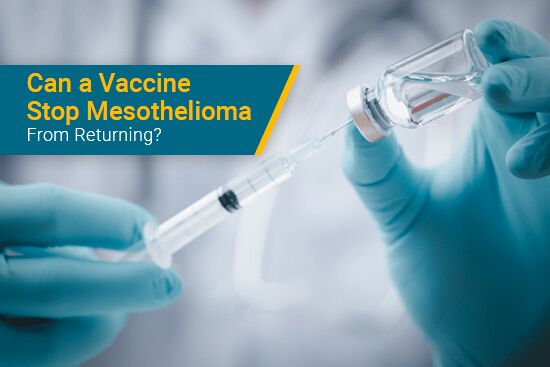Why isnt there a vaccine for cancer?
Cancer is a complex and diverse group of diseases, which makes it challenging to develop a single vaccine for all types of cancer. There are several reasons why creating a cancer vaccine is difficult:
- Cancer cells originate from the body’s own cells: Unlike pathogens such as viruses or bacteria, cancer cells are not foreign invaders but arise from the body’s own cells. This makes it harder for the immune system to recognize and target them.
- Diversity and variability of cancer: Cancer is not a single disease but a collection of over 100 different diseases, each with its unique characteristics. The mutations that drive cancer development can vary significantly between individuals and even within the same tumor, making it difficult to create a ‘one-size-fits-all’ vaccine.
- Immune system evasion: Cancer cells can evolve mechanisms to evade the immune system, such as suppressing immune responses or disguising themselves as normal cells. This makes it challenging for a vaccine to effectively target cancer cells without harming healthy tissue.
- Tumor microenvironment: The tumor microenvironment can be immunosuppressive, making it difficult for immune cells to infiltrate and attack cancer cells. A vaccine would need to overcome this barrier to be effective.
Despite these challenges, researchers are working on developing cancer vaccines. Some vaccines, such as the HPV vaccine and the hepatitis B vaccine, can help prevent certain cancers by targeting viruses that increase the risk of developing cancer. There are also therapeutic cancer vaccines being developed and tested, such as the FDA-approved sipuleucel-T (Provenge) for certain cases of prostate cancer. These vaccines are designed to stimulate the immune system to target and eliminate cancer cells.
Research in the field of cancer immunotherapy, including vaccines, is ongoing and continues to show promise for the development of more targeted and personalized treatments.”
